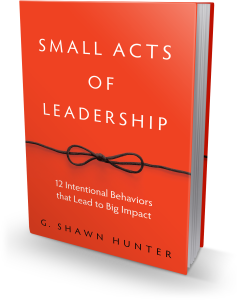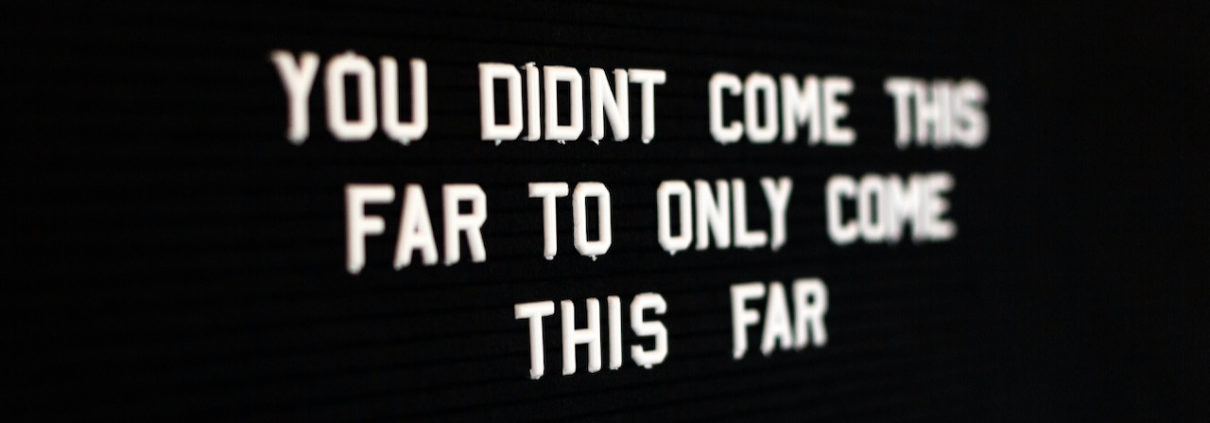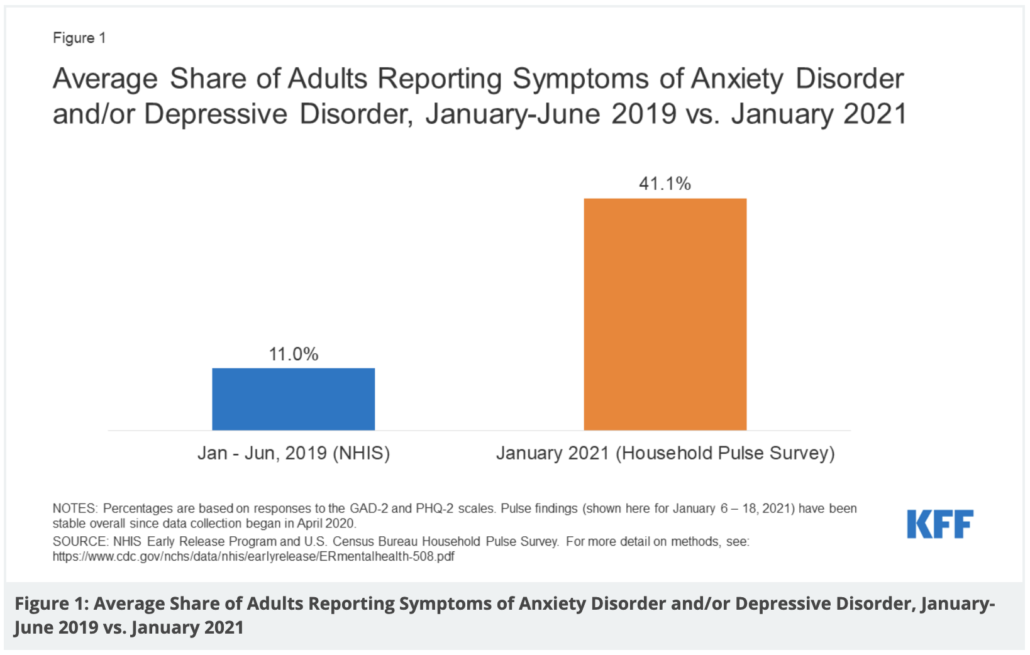Are “Should” Statements Ruining Your Life?
This kind of thinking will destroy your motivation, and make you less likely to actually do these things.
- “I should work out more often.”
- “I should figure out how to meditate.”
- “I should hug my kids more.”
- “I should make more healthy dinners.”
The last time I posted something here was May 4, 2020. It was fairly early in the pandemic. Those were the days of warily touching doorknobs and railings, then saturating your hands in disinfectant until they were red and dry, the days of wondering if COVID was somehow lurking on our groceries or on our mail. You never know.
Back then I wrote about Victor Frankl and Michael J. Fox, and themes of hope and resilience, and spiritual growth through crisis and adversity. And then I went silent. I read expert interviews about the virus, the distant hope of vaccines, the increasing death tolls. I made meals for my family. I focused on my growing company. I went for bike rides. I turned off the news.
I also expended energy thinking I really should write something publicly. I should keeping connecting through this blog. What I didn’t know is that berating myself with shoulds is demotivating energy. It’s a cognitive distortion that only compounds the external pressures that make us anxious. So on top of worrying that humans are under attack by a novel virus, our democracy is in peril, and our planet is suffering catastrophic climate change, I decided to worry about all the things I should be doing, but aren’t doing. It’s not useful energy.
It’s no surprise that stress is up across the board – from teens to parents – and includes professionals from pretty much every industry segment. Anxiety, stress, substance abuse, suicidal ideation are all up.
Now, people are suffering from something experts are calling COVID Anxiety Syndrome, a condition in which people, who have been vaccinated, still won’t venture out into the world. Post-pandemic stress disorder is real.
And if, on top of all that, we start to layer in I should or I ought to self-talk, it can paralyze us. According to behavioral therapists, there are straightforward solutions to help us change our language, change the way we think, and move toward meaningful action.
Should statements typically only make you feel more hopeless about your situation. Should self-talk reinforces your sense of procrastination and lack of agency. Stop it. Become aware of your shoulds, oughts, and musts and try to replace them with thoughts about what you CAN and WILL do.
Reframe your should statements. Turn I should into I want to, or I can, or I would like to. The expression I should conveys to your brain something that you feel is an obligation you aren’t living up to – an unfulfilled promise to yourself or someone else. I want to and I can are more powerful statements of intention. They convey power, agency, and choice.
Finally, be aware of others who use similar burdening language. When someone says to you, You ought to or You should… they are probably talking about themselves anyway. Let it go.
- ____________________________________________________
 Our company Mindscaling, is busy building powerful human and digital learning experiences for companies of all sizes. My book Small Acts of Leadership, is a Washington Post bestseller! You can grab a copy now.
Our company Mindscaling, is busy building powerful human and digital learning experiences for companies of all sizes. My book Small Acts of Leadership, is a Washington Post bestseller! You can grab a copy now.
In other news, our son and I bicycled across America with two other dads and their teenagers. We published a new book about it called Chasing Dawn. I co-authored the book with my cycling companion, the artist, photographer, and wonderful human jon holloway. Buy a copy. I’ll sign it and send it to your doorstep.




